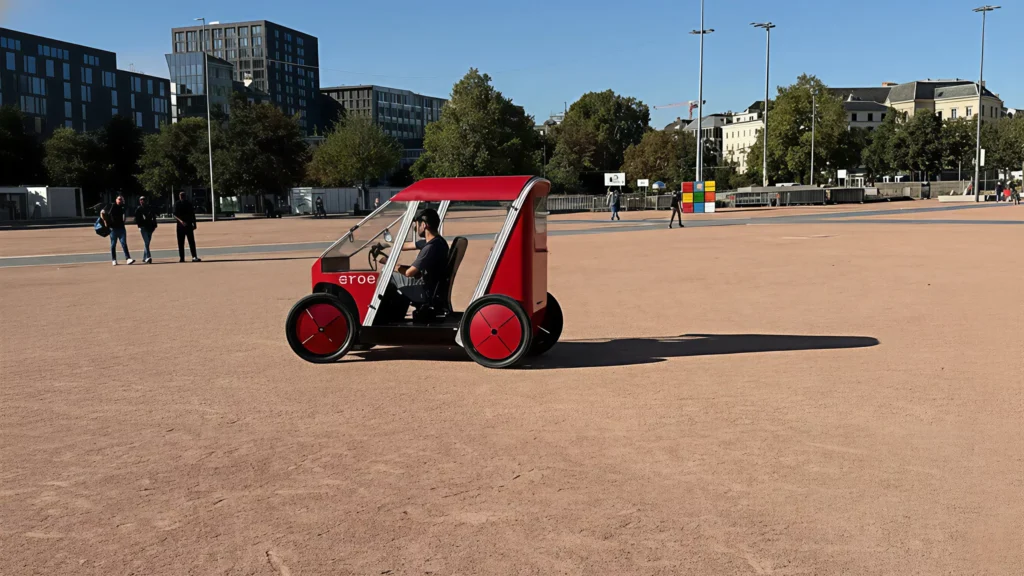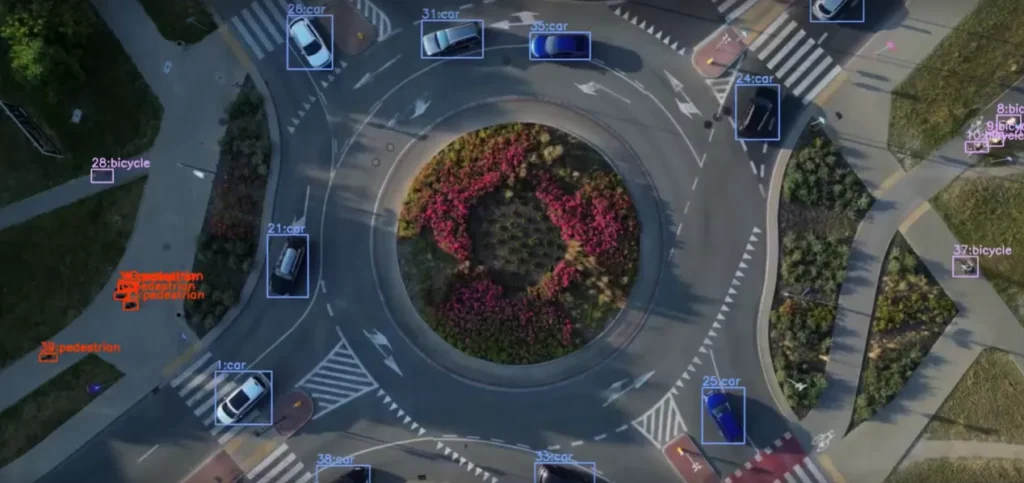






From EVs and batteries to autonomous vehicles and urban transport, we cover what actually matters. Delivered to your inbox weekly.
In February 2025, Rome-based startup SWITCH raised €946,000 in pre-seed funding to reshape how urban fleets operate. Behind the scenes, it’s building something that most logistics and mobility operators desperately need but don’t have: real-time intelligence.
With over 5 million trips processed across several countries, SWITCH is already in motion. Its core platforms, Urban CoPilot and Urbiverse, offer AI-driven simulation and planning tools that help operators predict demand, optimize routes, and make decisions that used to rely on gut instinct and spreadsheets.
Founded in 2022 by Matteo Forte and Nunzio Gianfelice, SWITCH initially began as a shared-vehicle app, but the pandemic forced a pivot. Instead of simplifying scooter rentals, they began tackling the deeper problem: the systems behind urban mobility were broken. Most fleet operators were flying blind. So SWITCH built tools to fix that.
With support from Berkeley Skydeck Europe Milano, they turned the idea into infrastructure: scalable, AI-first platforms for real-time fleet optimization and long-term strategic planning.
At the center of SWITCH’s platform stack are three components:
Together, they help operators reduce dead kilometers, balance fleets more quickly, and respond to events such as traffic or weather changes without manual recalculations.
The €946K funding round combines €728K in equity with non-dilutive support. It brought in a mix of VCs, accelerators, and strategic partners:
This means access to data pipelines, mobility operators, city pilots, and research networks across Europe.
As CEO Matteo Forte put it, “Scaling AI in mobility and logistics requires more than just strong algorithms — it demands access to high-quality data, cutting-edge research, and the right industry connections.”
Fleet operators are under pressure from rising fuel costs, stricter emissions regulations, and increasing demand for reliability. Most legacy systems weren’t built for that. SWITCH offers something leaner:
Its tools work across shared mobility, last-mile delivery, EV fleets, and third-party logistics. For 3PLs especially, Urban CoPilot can manage multiple clients from one interface, forecast task costs, and streamline billing.
More important: the AI gets sharper with every trip. The 5M+ completed journeys aren’t just credentials — they’re training data.
Later in 2025, SWITCH plans to launch its AI Agent, a standalone demand prediction module for partners to plug into their own tools. The team is also doubling down on engineering, growing its presence across European markets, and deepening partnerships with operators and municipalities.
If Urbiverse gains traction in smart city planning, SWITCH could also help cities design where charging stations, mobility hubs, and new services are located, based not on assumptions but on generative AI simulations that model real-world behavior.
Plenty of startups claim to use AI. Few build systems that operate at the speed and scale SWITCH is aiming for. If its stack holds up, this will be a control layer for the next wave of urban mobility.